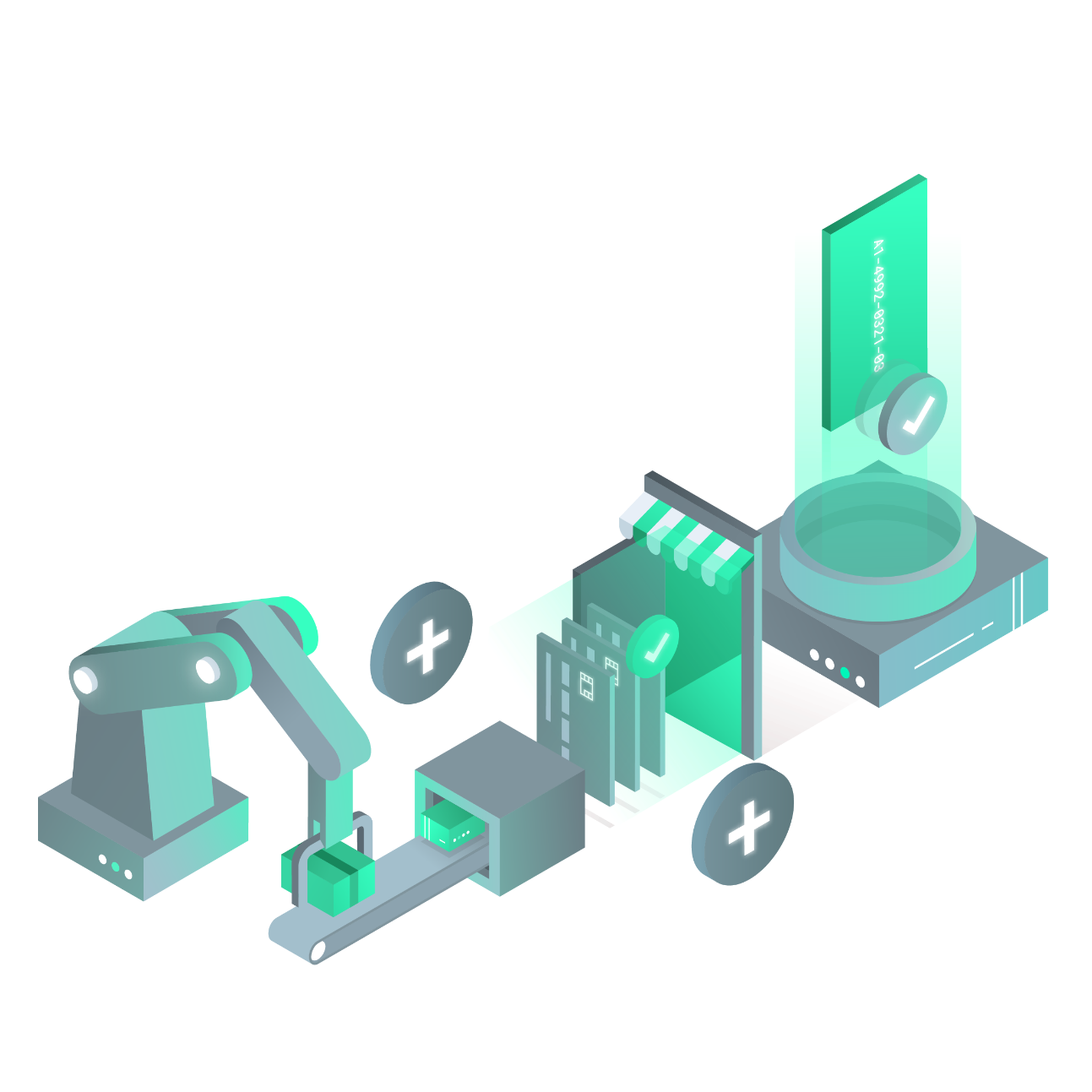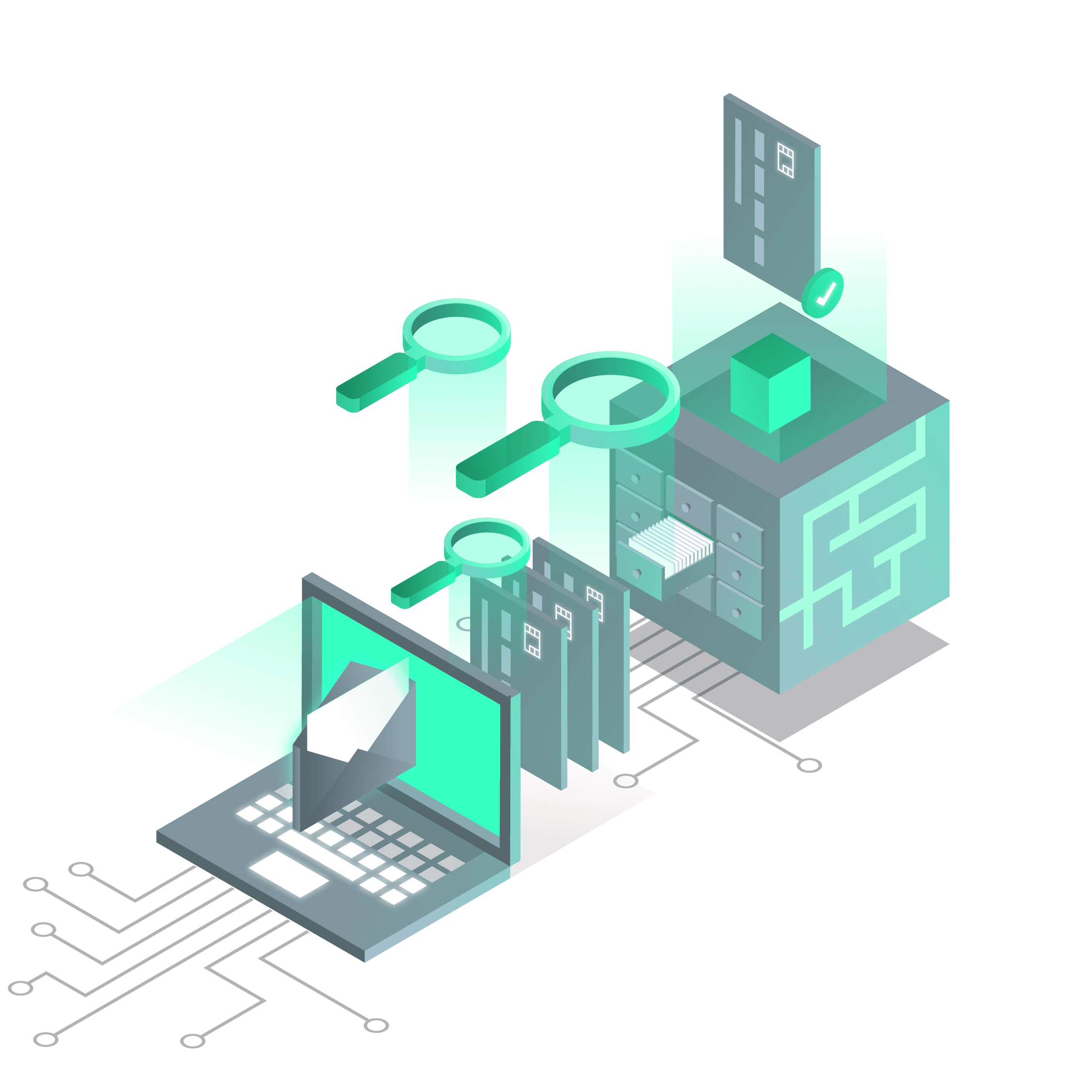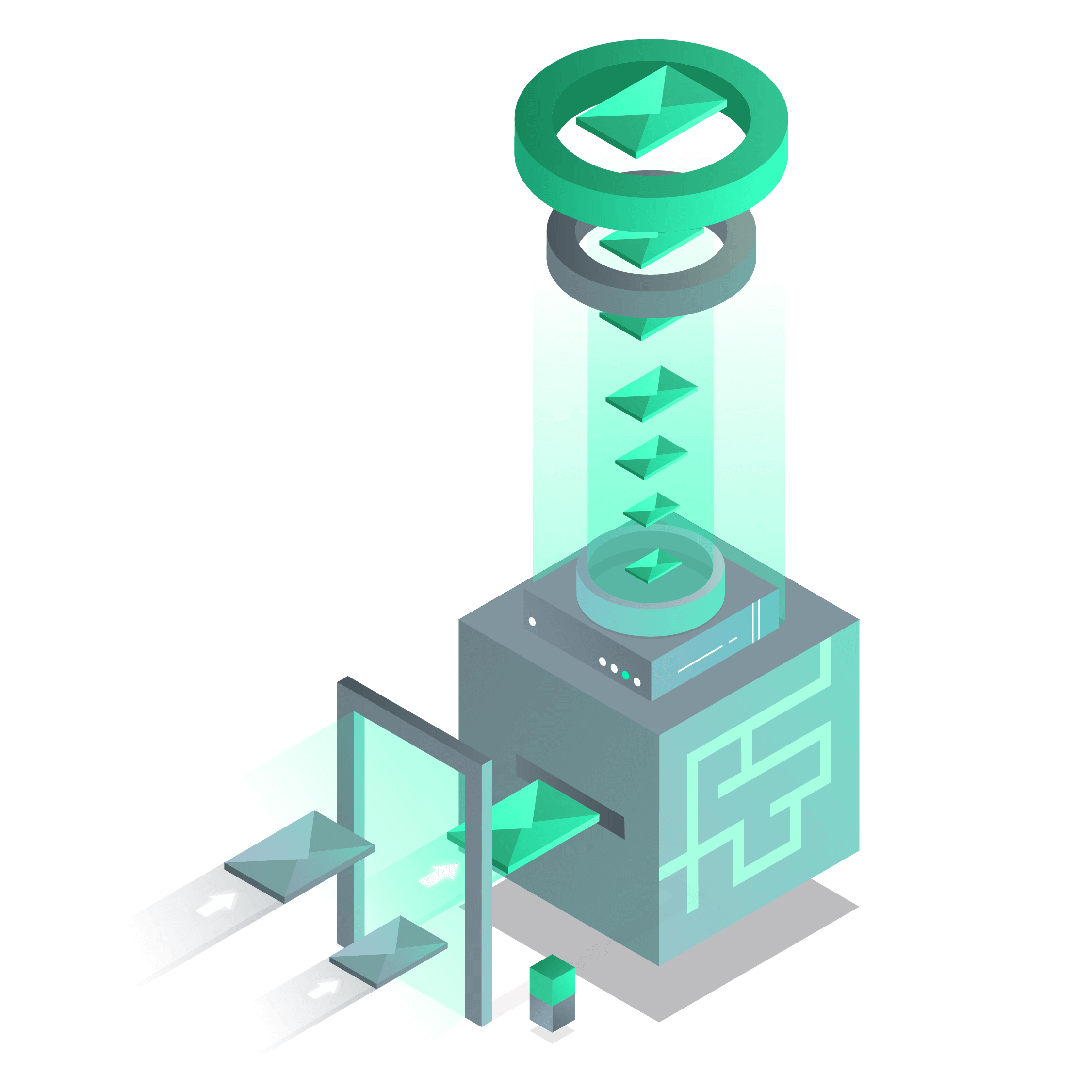
The ask
MetTel is a telecommunications company providing data, network, cloud, and mobile IT solutions for businesses and government agencies. Like many large companies, MetTel has a trouble ticket system in place to respond to customer needs. Customers would submit repair request emails about any issues they were having with their services and an operator or engineer would manually raise, sort, and resolve each ticket.
To improve their operational efficiency and quality of service, MetTel were looking for ways to capitalize on this existing investment by enhancing it with new capabilities. More specifically, they were curious how A.I. and process automation could be used to execute the identification of issues, the creation of tickets, and the day-today repetitive maintenance tasks of monitoring and triage of network devices (SD-WAN).

Key objective: Improve quality of service by automating processes from email request to resolution.
What we did
A large volume of the corrective tasks required to bring a device back into operation involves a complex triage operation to analyze the reason for failure. It would take a member of the support team an average of 10-15 minutes on each device to gather enough information to make a decision on how to proceed.
To radically improve performance and speed up processes, we created Ticket Next Best Action (TNBA) – a solution that uses programming techniques to automate each stage of the issue resolution process, and A.I. to identify and execute the best possible next action using historical data.
Applying the same technologies, we also created a complementary solution capable of automatically classifying the customer’s initial repair request emails, extracting specific information from their content, generating a maintenance ticket, and passing it to TNBA. That means automation is now present across every touchpoint within the customer maintenance journey – from the very first email they send, to the issue being resolved.
The process
Step one
The first task for each solution was to aggregate the historical data needed from across MetTel’s existing systems. For TNBA, this included internal tools and logs associated with previous tickets/issues, and for the email solution, this was a huge database of previous emails. Collating and preparing data in this way is the fundamental step that enables A.I. models to be designed and trained.

Step two
For the email classification component, we used Natural Language Processing to enable the system to understand the content of an email, allowing it to be correctly classified as a repair request. We then built process automation functions to extract the information required, generate a maintenance ticket, and send it into TNBA.
As for TNBA’s second step, we developed an automation engine capable of using the classification gained in step one to connect to several APIs, request the status of related systems, and assign a ticket to the correct resolution team. For cases where human interaction wasn’t necessary, we implemented an additional functionality that enables the engine to request a better decision from TNBA instead.
Result

The email request component is capable of accurately classifying 98% of repair request emails, 68% of which can have tickets automatically created and entered into TNBA. MetTel is now able to process thousands of emails per month without any human interaction. This has not only unlocked hours of time, but the speed of response and adherence to SLAs has massively increased, helping the company provide a significantly improved service.
Within the maintenance process chains, TNBA is able to accurately predict the first stage of each ticket 75% of the time. A further 60% of the time, it confidently predicts the next stage of the ticket and, if applicable, automatically moves it along to solve the customer’s issue.
A further 20% of the time, the solution correctly suggests the next stage to an operator, helping to save time and drive further efficiency. All triage of SD-WAN is now fully automated and 52% of corrective maintenance operations are now completely solved by A.I predictions. This allows MetTel to dedicate valuable resources into offering more proactive services, and to drive the continous growth of their company without a significant increase in the department’s budget.
By building upon MetTel’s existing technology with A.I. enabled process automation, TNBA provides the required efficiency improvements without the financial investment and operational disruption that a full system overhaul would demand.


